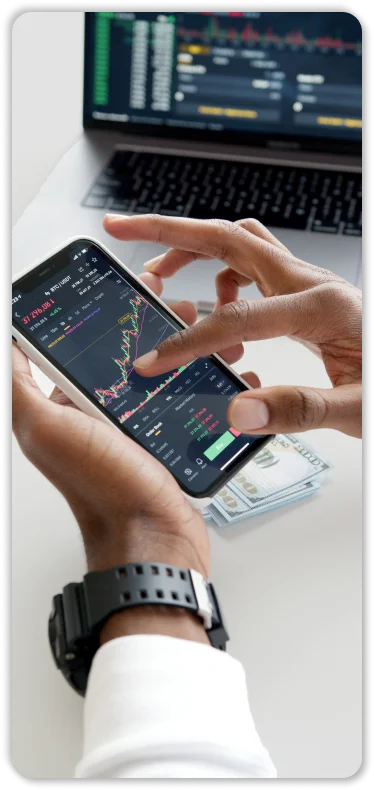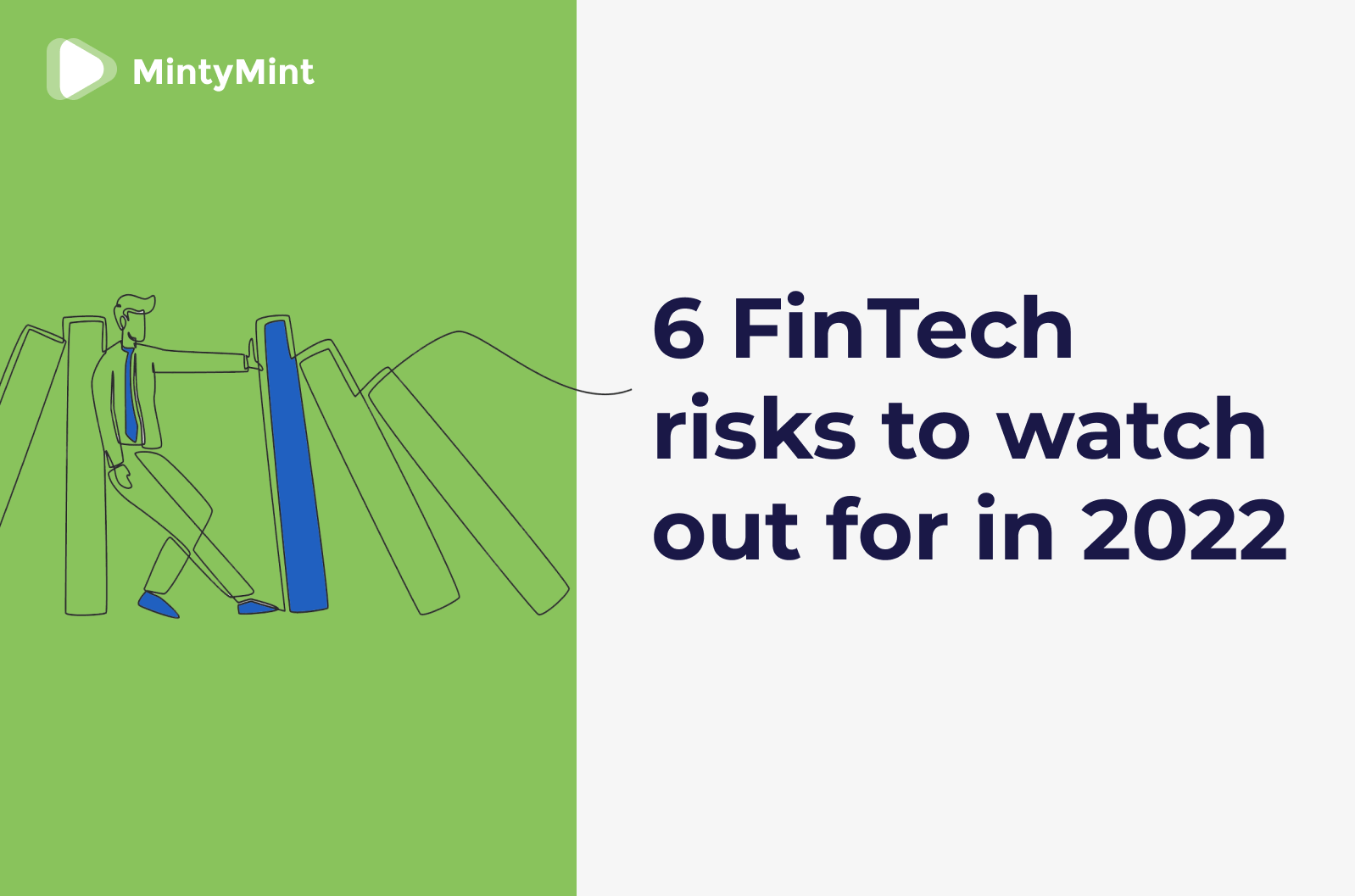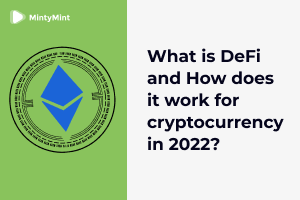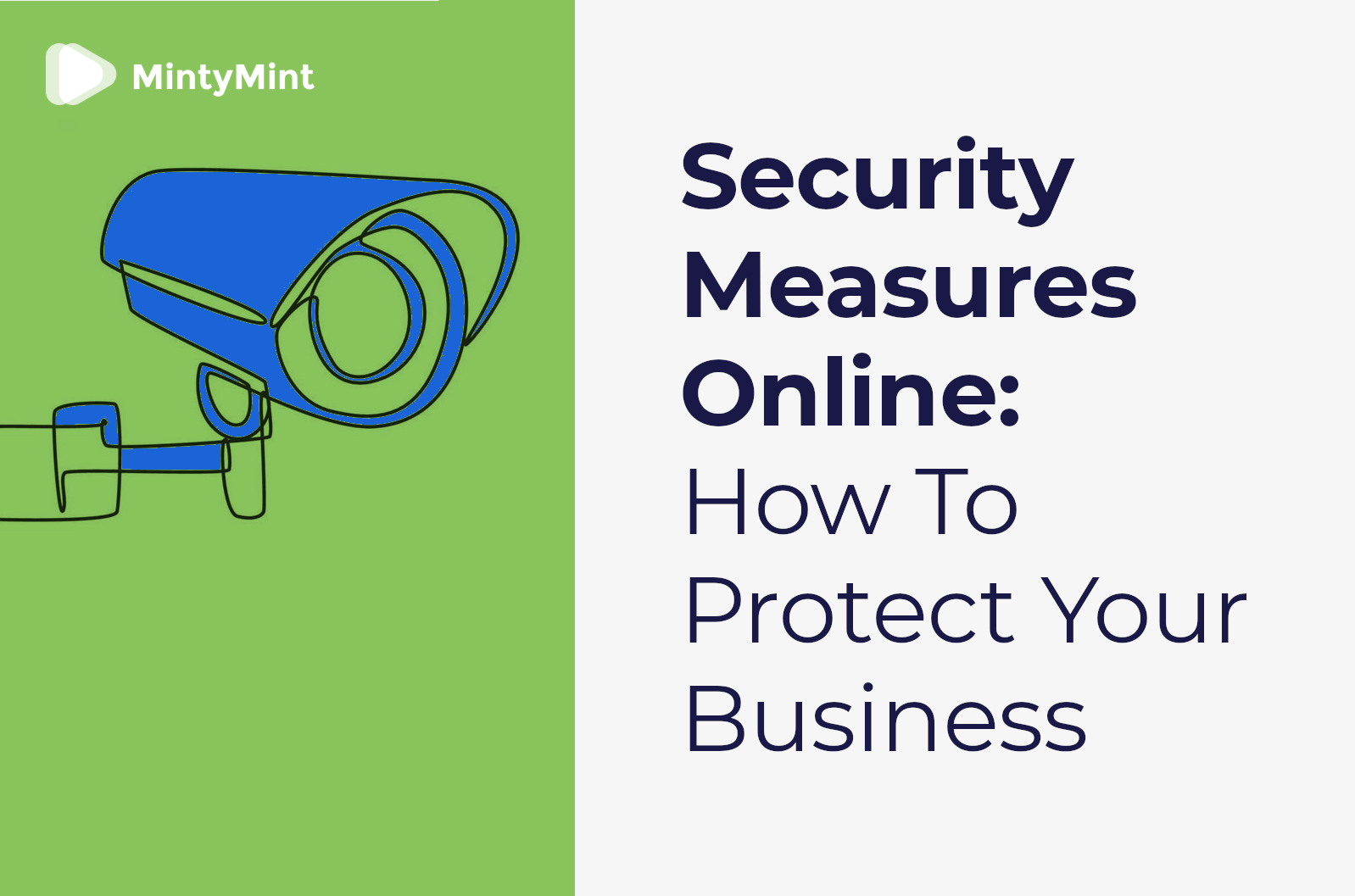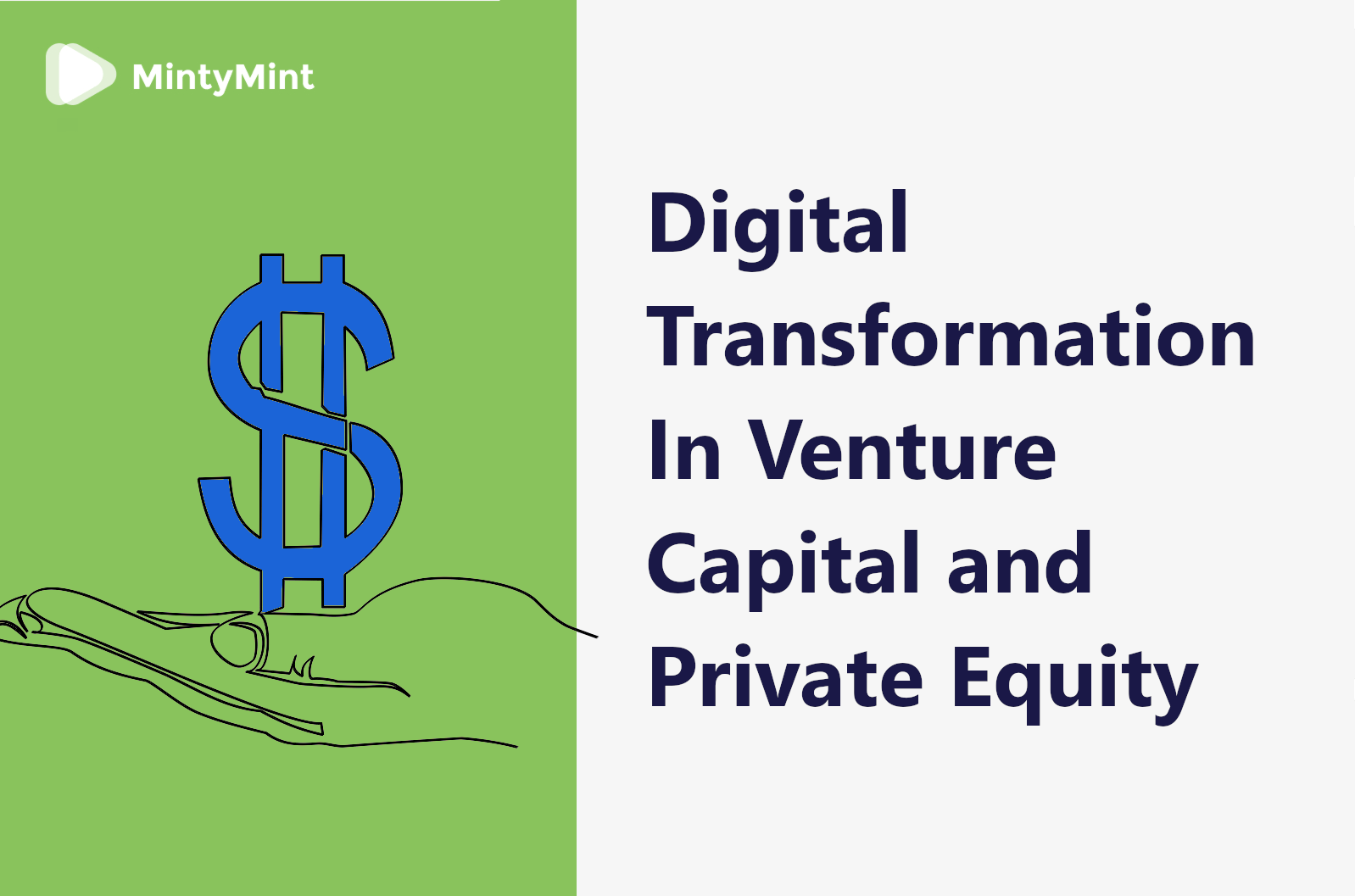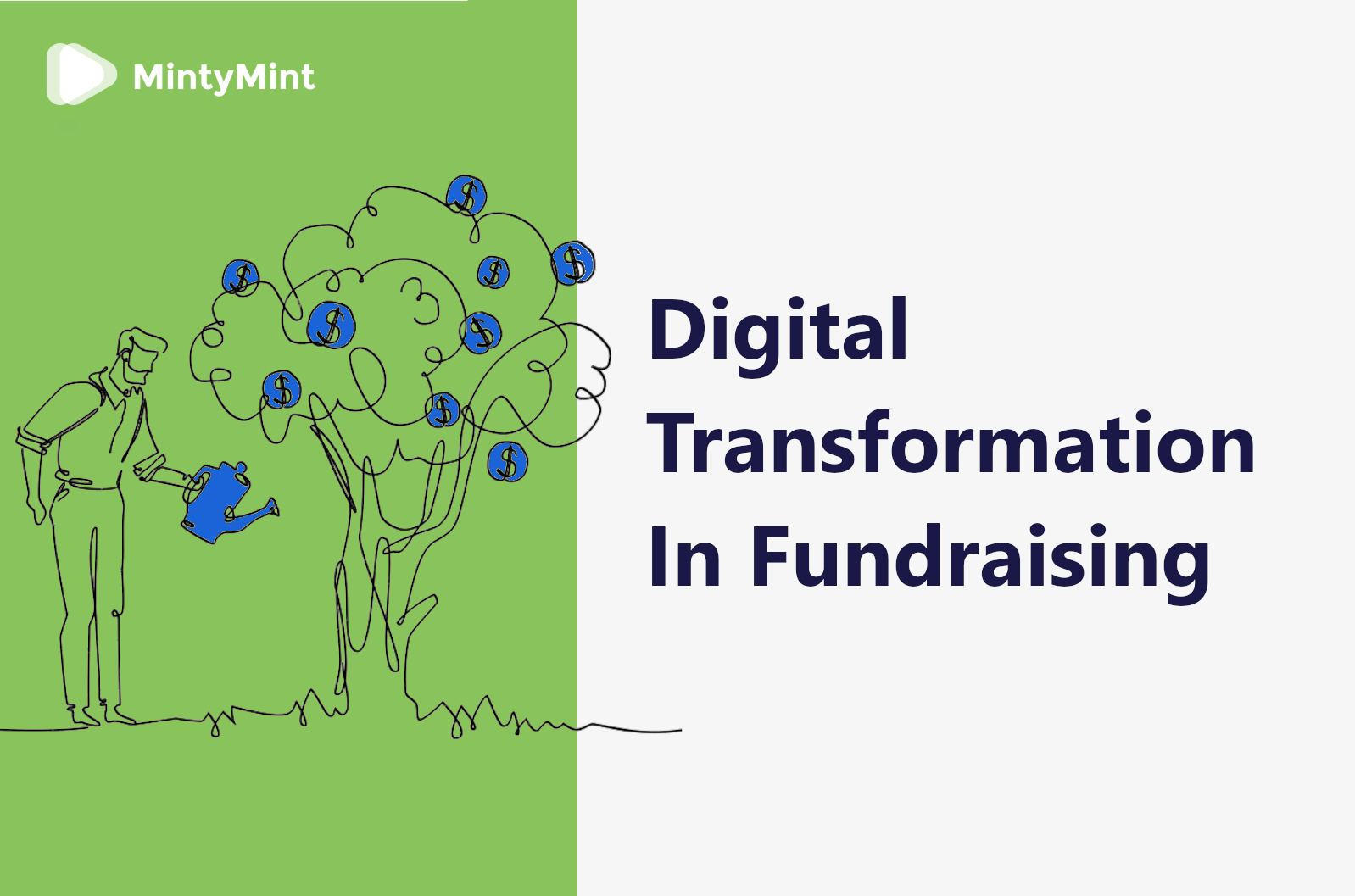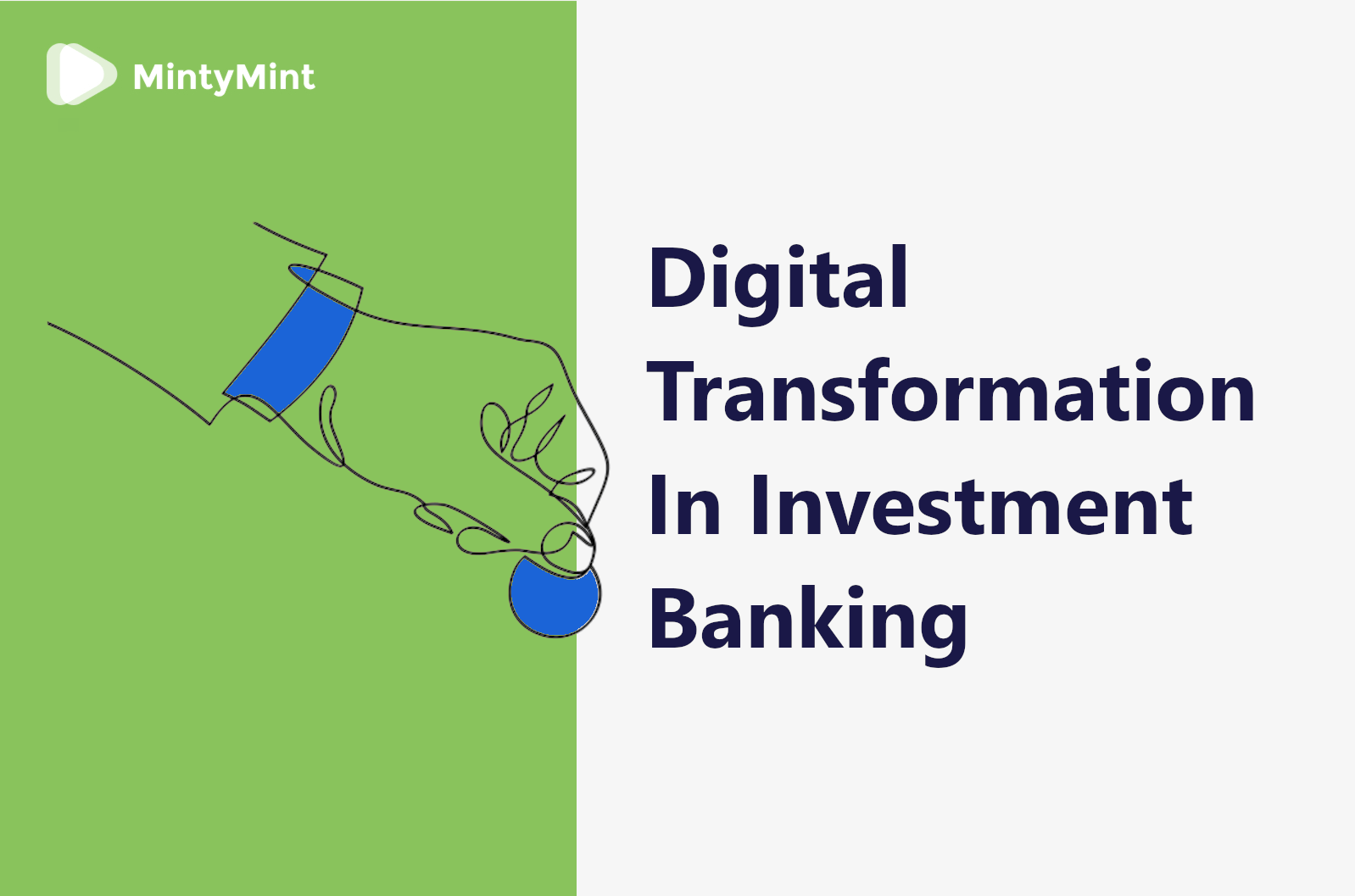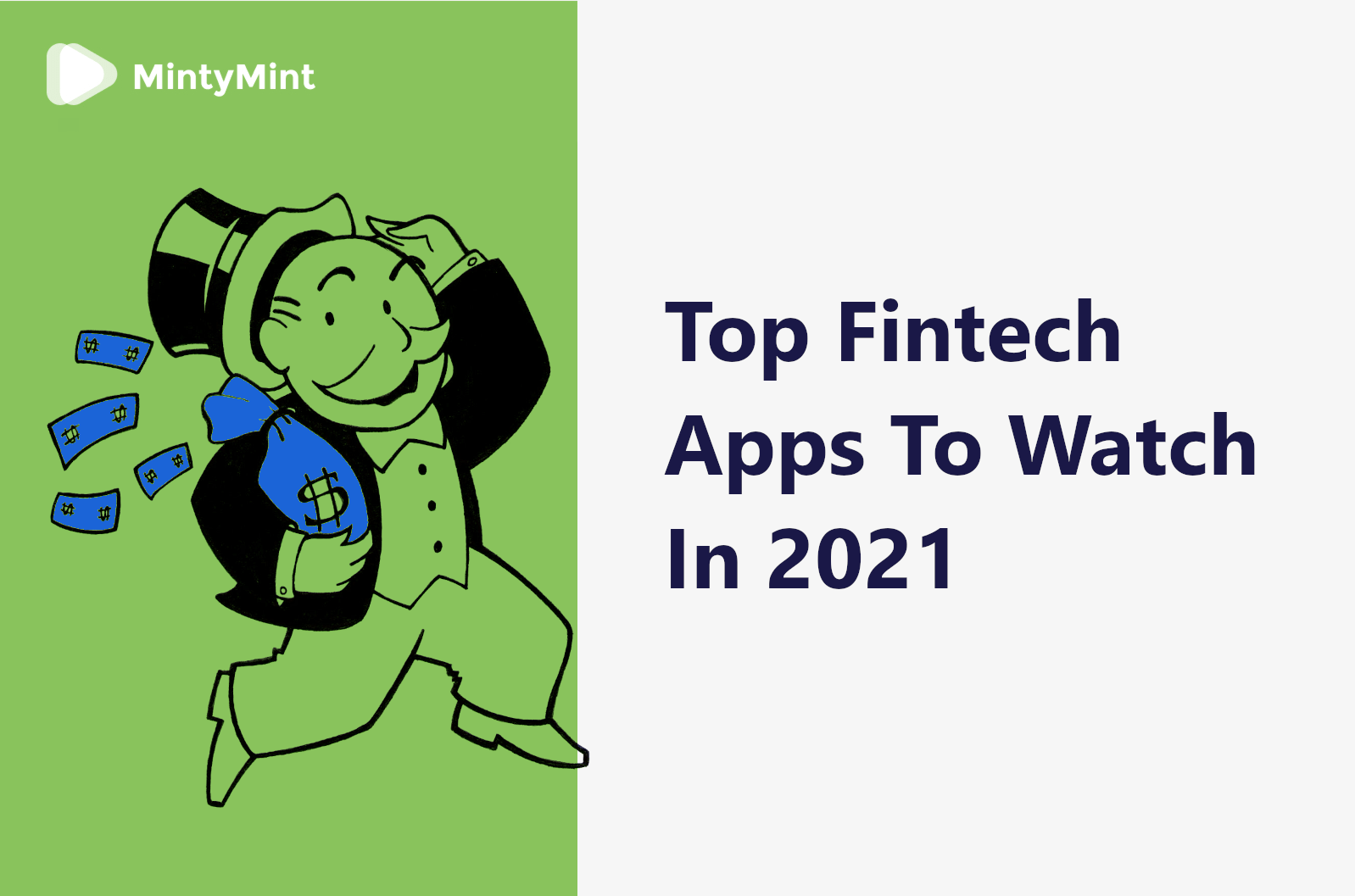It’s 2022 and digital assets are gaining huge momentum.
Cryptocurrency has already got its fair share of attention, and now NFTs are seemingly becoming the next big thing.
Revolutionizing our understanding of digital ownership, the new trend is all about the recognition of authenticity and value. Although frequently deemed speculative, NFTs represent an actively growing market and a technology that empowers creators while providing rich opportunities for entrepreneurs.
What is NFT, how does it work, how to leverage it successfully, and a bunch of other important questions – already answered – in this article.
Let’s jump in!
What are NFTs?
NFT stands for non-fungible token.
Simply put, it’s a crypto digital item you can trade online, just like cryptocurrencies. The only difference is that, unlike Bitcoins or Ether, NFTs are one-of-a-kind assets that can not be replaced. Sort of like original James Bond film tapes.
Some of the bright examples of non-fungible tokens include an artist’s collage of 5 thousand pictures sold for $69M, Eminem’s collection of original beats and digital action figures from music videos, and a video representation of the Internet’s alleged original source code.
Yes, NFTs are… something unique. In all possible senses.
How do NFTs work?
Technically, an NFT is a unique file stored on a blockchain.
It can be a text document, an image, an audio clip, or even a tweet – virtually any piece of data can be “minted” into an NFT using a blockchain, a crypto wallet, and some cryptocurrency.
What is minting?
Minting is the process of creating an NFT, i.e. adding a file to a blockchain network.
You can mint an NFT on your own or through a third-party service like an NFT marketplace, or us!
In general, it’s similar to uploading a file to a web host.
How much does it cost to mint an NFT?
The price of minting an NFT ranges a lot and can be anywhere from zero up to hundreds of dollars, depending on the approach and platforms you choose.
On the Etherium network (the most frequently used blockchain for NFTs right now), it’ll usually cost you around $70 of gas fees to mint an NFT independently.
Gas fees represent the price of making a transaction on a blockchain – something like road tolls – and are designed to cover the expenses associated with processing your request. Gas fees are auction-based, so you can choose to pay more to have your transaction executed faster.
Note: Minting tokens on its own does not imply trading them, and you can expect to pay additional fees to list and sell tokens on NFT marketplaces.
What are NFT marketplaces?
NFT marketplaces are online spaces where you can list, buy, and sell (and often – mint) NFTs, just like you would do with regular products and services on Amazon or eBay.
Right now, Open Sea is the world’s largest marketplace to monetize non-fungible tokens.
NFT marketplaces are not to misunderstand with NFT platforms, which refer to the blockchain networks where tokens are stored.
What is the point of NFTs?
NFTs are revolutionizing digital ownership.
Think about all the forms of intellectual property, from patents and trademarks to memberships and subscriptions, virtual goods, and all sorts of paid content – virtually all digital space is owned by someone.
NFT takes it to the next level.
In essence, it is a way of ensuring original ownership rights through blockchain technology. In other words, what cryptocurrency is for money, NFT is for licensing and certification.
Where do they use NFTs?
The NFT technology can be helpful in a variety of scenarios related to licensing, certification, limited access, or any form of ownership.
In essence, you can mint any digital or real-world item, product, or service into a non-fungible token.
Like that, NFTs can be used in:
- Content – to buy and sell digital art, music, and other creative works.
- Licensing and certification – to protect intellectual property, manage product rights, and earn royalties independently.
- Collecting – to buy and sell digital collectibles.
- Public and private events (as access rights) – to avoid counterfeiting, fake tickets, and compromised admission.
- Commerce – to easily trade real-world assets.
- Metaverse – as the basis of ownership in the virtual reality world.
What is the current state of the NFT industry?
Right now, art and artists are fueling the adoption of NFTs and can be considered pioneers in the field.
Why so?
The technology help artists protect their intellectual property, manage their product, and make money independently, on their own terms.
That is why more and more digital creators like professional photographers, visual artists, and musicians are venturing into the NFT space to leverage their influence and try to make the most out of the trend.
Just to drop some names on you, NAS is selling streaming rights to his music as an NFT (a rather “tangible” asset to think of compared to the more vague things like virtual clothes) and Snoop Dogg’s tokenized collection of voiced animation portraits is auctioning at some six-figure.
Among other recent industry news,
- Mastercard strikes NFT payments deal with Coinbase;
- Major fashion brands unite to enter the NFT market; Gap is in, too;
- Lamborghini is auctioning a “space key” NFT collection;
- Gary Vaynerchuk is launching an NFT-based limited membership restaurant;
- A college student becomes a millionaire selling tokenized selfies;
- A 15-year old artist makes over $1M on NFTs;
and last but not least – a book is sold for 2.66 million Euros.
Once again, NFTs are something different…
Why are NFTs so expensive?
Much like with cryptocurrencies, NFTs are evaluated by the market and protected by technology, rather than institutions.
As a matter of fact, you may view non-fungible tokens as a form of crypto investment, a digital collectible, proof of ownership, or as certificate of authenticity – there really are many ways of looking at non-fungible tokens, and this is what fuels their price.
Are NFTs Legit?
While NFTs have been called speculative and even scam, they are a valid type of digital assets, just like your Bitcoins, Netflix subscription, or a software license.
Naturally, there are certain dangers with any investment.
As for the technological component, the blockchain-based asset is as reliable as it gets as long as appropriate security measures are taken (like safe networks, strong passwords, controlled access, etc).
Like that, we’ve seen cases where millions of dollars in NFTs were stolen through a common type of phishing attack.
→ Read more about online security in our latest article!
How can I benefit from NFTs?
NFTs are a new kind of digital asset and a huge trend right now, which you can benefit from in several ways.
Here’s what you can do:
- Create your own NFT
Before anything else, you can actively engage with the trend by personally creating something extravagant in the NFT space.
Like that, you can tokenize your intellectual property, license a ready product or service, create a digital collectible, or any other type of NFT to then sell it and receive lifetime royalties.
- Invest in and trade NFTs
Another way of benefiting from NFT is by putting money into it just like you would do with any other type of asset.
You can make long-term investments in tokens that will likely grow in price over time, day trade or re-sell NFTs to make instant profits, acquire NFT product or service rights to earn royalties, or simply buy a digital item you like and add it to your collection.
- Facilitate NFT activities
Last but not least, right now it is high time to develop various NFT platforms and marketplaces for others to fulfill their ambitions in the crypto collectible world.
It’s not always easy for everyone to create, manage, and trade tokens on their own, so facilitating these processes through technical solutions and adding user-friendly interface, branding, and interoperability to the mix will likely find its demand in the rapidly growing market of non-fungible tokens.
At the end of the day, NFT is really just what you make of it.
We can help!
Struggling to find your place on the NFT bandwagon?
We are ready to help!
Our team can assist you in creating your own NFTs, developing a marketplace or platform for others to trade tokens, or ensuring the safety of your crypto endeavors.



